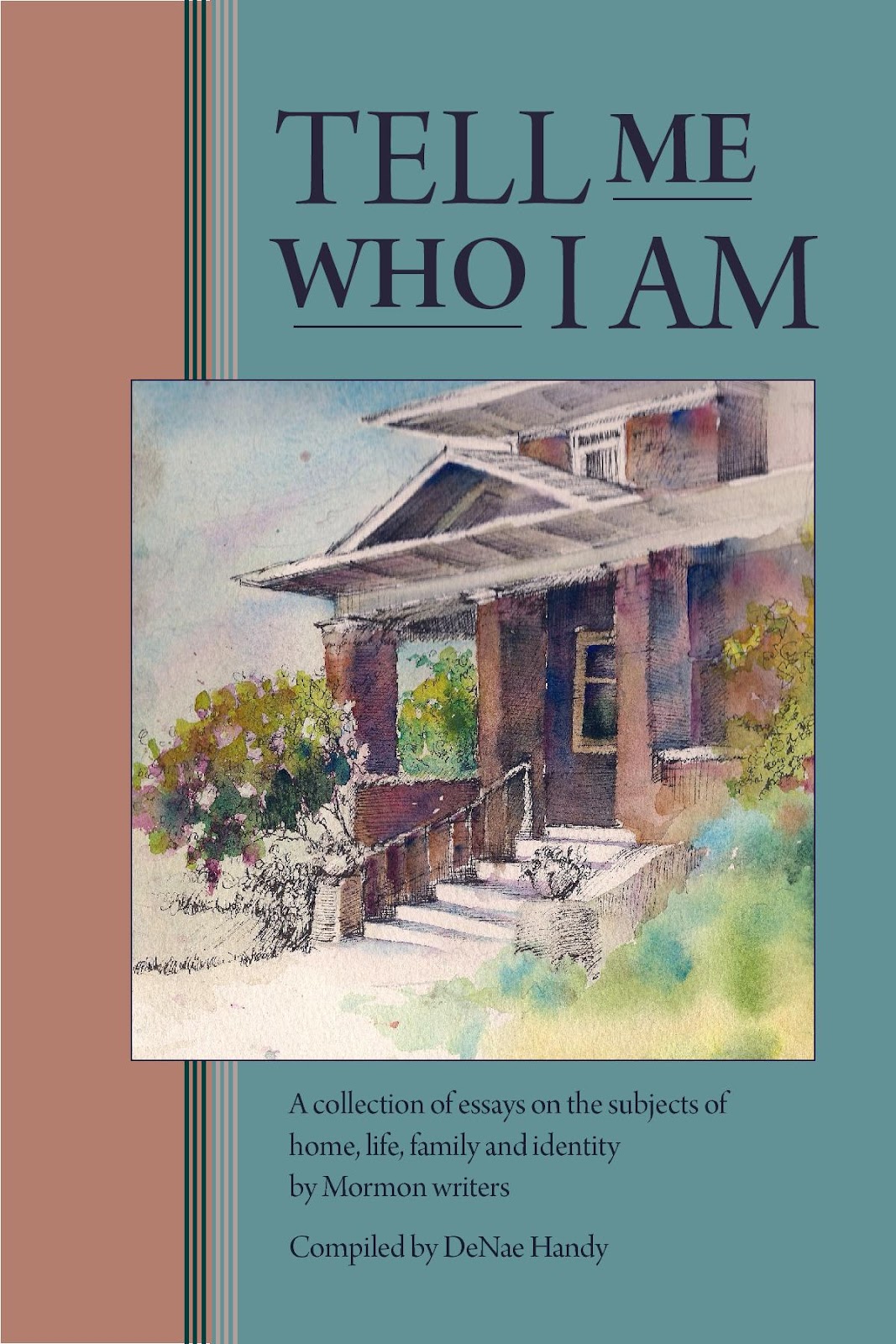Everyday at 11:00 on the Family Channel, I watch the reruns of the Gilmore Girls. Or at least DVR it. I love the snappy dialogue, the relationships among the characters, the family dynamics, the great outfits Lorelai wears. It's my personal break each day after running all morning. But I had no idea that I would learn so much about writing by watching the show.
Lesson 1: your audience doesn't have to get every reference or allusion to be able to enjoy the pop culture saturation so don't worry if you're jumping from Nietzche to boy bands. They'll get enough of it to be entertained and feel somewhat in the loop. I'm an idiot savant when it comes to pop culture references and even I couldn't possibly catch all the references in a standard GG episode, but I still dig it. Maybe it's because I like that someone smart (like the writer) assumes that I would get it. And truthfully, with Google and Wiki on my side, if I really want to know something because I think I'm missing part of the story, I can look it up in about 20 seconds. What I don't like is when a writer assumes I'm dumb and has to explain something to me. Even if I don't get it, I don't want people expecting me not to.
Application: If I want to refer to Don Pardo and Seven jeans and the Arcade Fire in one chapter, I can. People get the gist and if they don't, there's always Google. These little details help to anchor the characters in reality and flesh out their personas more. Because yes, in chick lit, it very much matters if your heroine is in 501's or Diesels.
Lesson 2: I can change my mind about my characters, about their details and idiosyncrasies. After watching Season 6 and then starting over with Season 1 the next week (and seeing the very first few episodes of the series for the first time ever), I've come to realize that things I've taken for granted about certain characters were not originally conceived that way. For example, Lane doesn't have a dad. But in the first episode, Rory and Lane refer to Lane's father who never makes an appearance. Not in that episode, not ever. Within a few episodes, he's never mentioned again. He just disappears, no explanation. I imagine the writers realized the character of Mrs. Kim was so dominant that Mr. Kim would be total overkill and so they made an adjustment. If they can do it on a TV show where it lurks forever in my DVR's memory banks as a continuity gap, then sure as shooting I can make changes in my novel when it suits me. That's because by the time it's in a reader's hand, she'll never know that I killed off an extraneous character, or even a million of them. Just because I create a character doesn't mean I can't engage in a little character assassination if it doesn't serve the story, no matter how much I like him or her. I can always revive them for another story if they're that great. Or persistent. And I can change characters. Sukie in Ep. 1 is characterized as a walking disaster, so accident prone that her kitchen staff conducts a well-choreographed dance around her many near kitchen mishaps. This is toned down to the point of almost non-existence by the next episode but other character traits are highlighted instead. I guess it's all in an effort to provide a foil for Lorelai and Rory without overshadowing them. And in that specific instance, lend a little more believability to Sukie's character.
Application: If my character needs to drop or gain a nervous tic, she can. If I find out her outfit is accidentally color co-ordinated to match her living room furniture, I can change her clothes. And if a too wacky neighbor detracts from my MC's comic impact, bye-bye wack job and hello, staid, boring neighbor.
I realize none of these changes can be made mid-stream without adjustments to the total story for consistency and flow. But I can make them any time I want if I buff them in seamlessly and the changes serve the story. And no one will ever know (except my sister who pointed out the outfit/living room furniture thing. Oops.). It's the beauty of the delete button and the editing process. It doesn't have to stay that way forever. Characters are static only if I let them be. Readers like it when writers assume they're smart. I can use my useless pop culture knowledge in my novel if I want (because it flows naturally vs. me just being a show off) and people will still stay tuned.
Thanks, Gilmore Girls.
How to Decorate Your Home with Canvas Prints
2 years ago

















0 comments:
Post a Comment